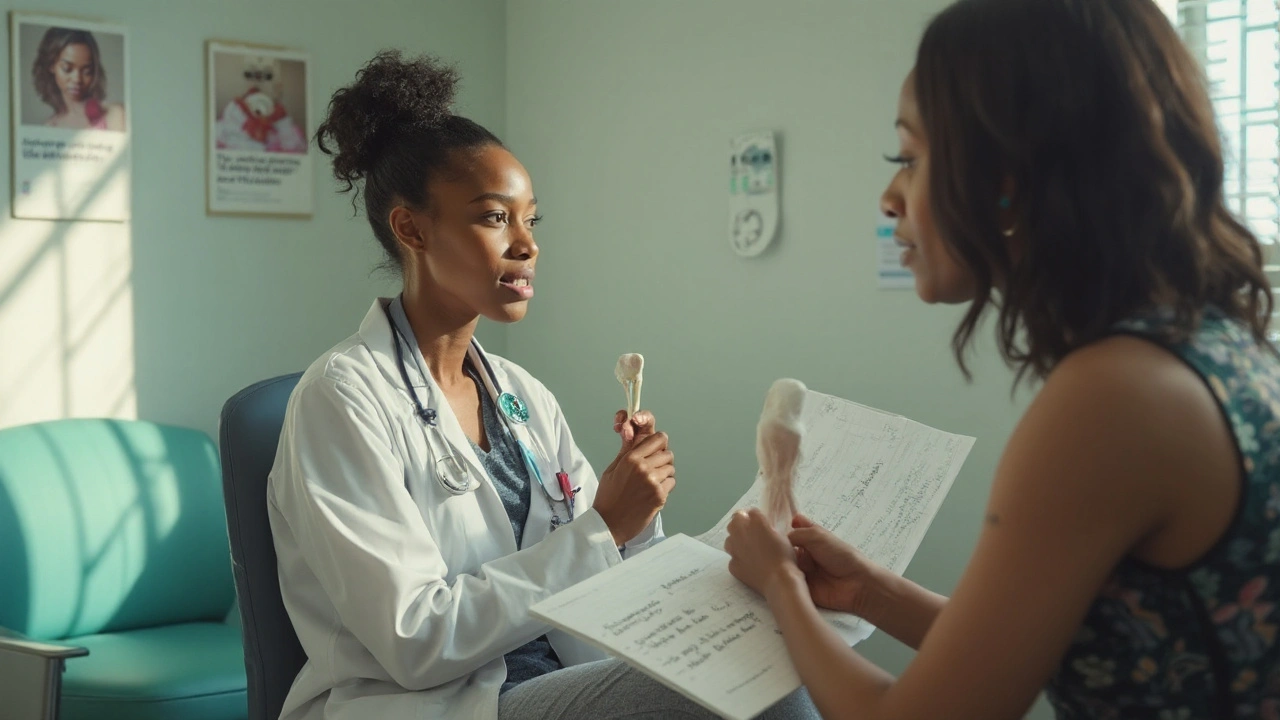NHS Chlamydia Testing – Quick Guide for Anyone Who Wants to Stay Safe
Chlamydia is the most common STI in the UK, and the good news is the NHS offers free testing for anyone who thinks they might be at risk. You don’t need a GP appointment, prescription, or any paperwork – just a willing attitude to protect yourself and your partner.
If you’ve ever wondered where to start, this guide will walk you through the whole process, from booking a test to understanding the results. It’s written in plain English, no medical jargon, so you can make a quick, confident decision.
Where to Get a Free NHS Chlamydia Test
There are three main ways to order a test:
- Online ordering: Many NHS sites let you fill a short form and mail a self‑collection kit straight to your door. You’ll get instructions on how to collect a urine sample or a swab, then pop it back in the prepaid envelope.
- Local sexual‑health clinics: Walk‑in clinics in towns and cities offer on‑site testing. No appointment is needed, and you can get results in a day or two.
- Pharmacies: Selected pharmacies now provide chlamydia kits that you can pick up and return the same day. Ask the pharmacist for a free NHS kit.
All three options are free for residents of England, Wales, and Scotland. If you’re in Northern Ireland, the service is similar but may have slight differences in how kits are distributed.
What Happens After You Send the Sample
Once the lab receives your specimen, they run a quick nucleic‑acid test – it’s accurate and takes only a few hours. Results are usually posted online through a secure NHS portal, sent via text, or mailed to you. You’ll get a “negative” or “positive” notice, and if it’s positive, the NHS will arrange a follow‑up appointment for treatment.
Treatment for chlamydia is simple: a single dose of antibiotics, typically azithromycin, or a week‑long course of doxycycline. Your partner(s) will need treatment too, even if they feel fine, to stop the infection from spreading.
Don’t worry about privacy – the NHS keeps your details confidential, and you won’t get any advertising or follow‑up calls after the test.
Why get tested? Most people with chlamydia have no symptoms, yet the infection can cause pelvic inflammatory disease, infertility, and increase the chance of HIV transmission. Testing early stops these complications and lets you get treated fast.
If you’re sexually active, it’s smart to test at least once a year, and more often if you have new or multiple partners. The NHS also recommends re‑testing three months after a positive result to confirm the infection is cleared.
Remember, a chlamydia test is quick, private, and free. No need to feel embarrassed – everyone can benefit from knowing their status. So next time you have any doubt, grab a kit, send it in, and get peace of mind.
Chlamydia and Ovarian Cancer Risk: Evidence, Symptoms, and What To Do Now
Does chlamydia raise ovarian cancer risk? Clear UK guidance on the evidence, personal risk, testing, symptoms, and what to ask your GP.






